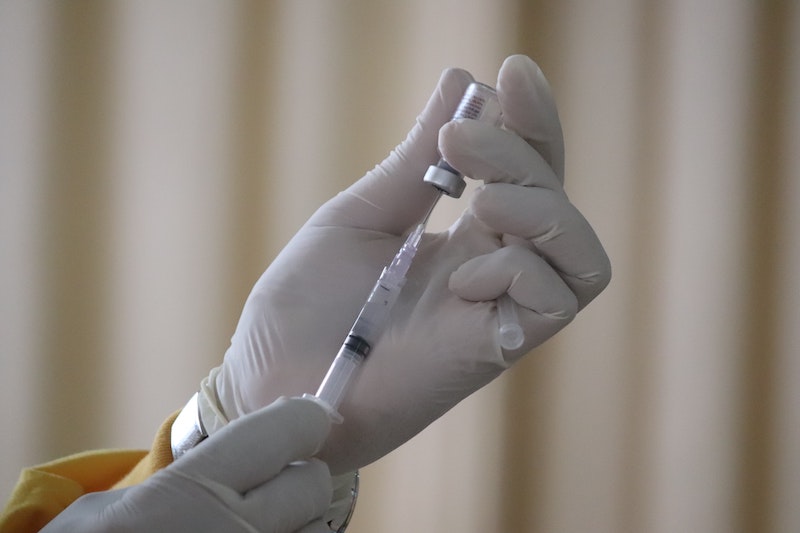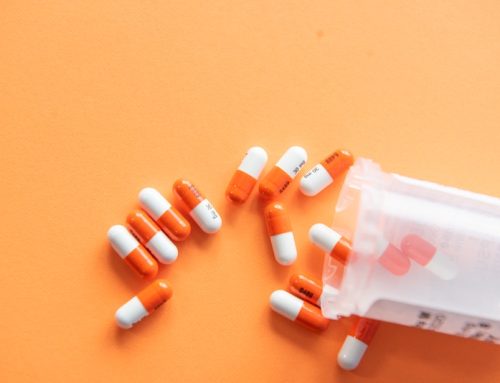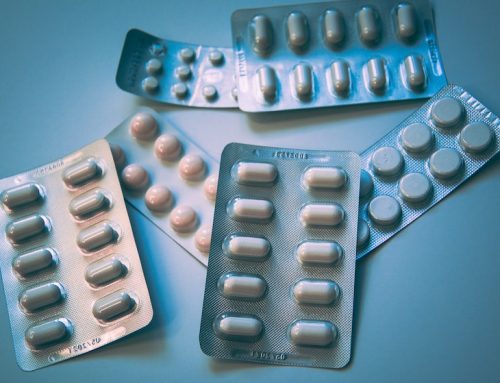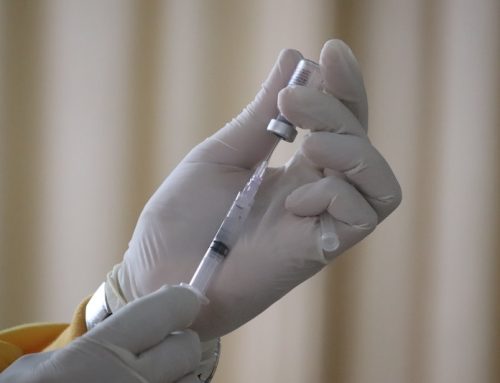Bristol-Myers Squibb & SystImmune Strike $8.4B License Deal to Develop Cancer Drug
December 13, 2023

🌧️Trending News
BRISTOL-MYERS ($NYSE:BMY): Bristol-Myers Squibb, a cutting-edge biopharmaceutical company based in New York, has recently announced an $8.4 billion licensing deal with SystImmune, a San Francisco-based biotechnology company. The agreement will allow the two companies to collaborate on the development of a cancer drug that has the potential to revolutionize the treatment of certain diseases. Bristol-Myers Squibb is a leader in the healthcare industry, developing innovative treatments for serious illnesses and delivering them to millions of people each year. Since then, it has grown into one of the largest drug manufacturers in the world, with products ranging from anti-inflammatory drugs to vaccines.
In addition, Bristol-Myers Squibb has invested heavily in research and development to discover new treatments and therapies for a wide range of diseases. The partnership between Bristol-Myers Squibb and SystImmune is an exciting step forward in the fight against cancer. By leveraging their combined resources, expertise, and experience, the two companies are committed to finding new solutions that will have a lasting impact on patients’ lives. With this deal, Bristol-Myers Squibb has solidified its commitment to finding new ways to fight cancer and other diseases.
Share Price
On Tuesday, BRISTOL-MYERS SQUIBB (BMS) announced an $8.4 billion licensing agreement with SystImmune, a biopharmaceutical company focused on advanced immuno-oncology treatments. Under this agreement, SystImmune will transfer the global development, commercialization and manufacturing rights to BMS for what is expected to be a breakthrough cancer drug. In response to the announcement, BMS stock opened at $50.8 and closed at $50.5, down by 1.1% from its prior closing price of 51.1. Investors are likely taking a wait-and-see approach to the new agreement, uncertain of the potential benefits and risks associated with the collaboration. Live Quote…
About the Company
Income Snapshot
Below shows the total revenue, net income and net margin for Bristol-myers Squibb. More…
| Total Revenues | Net Income | Net Margin |
| 44.94k | 8.29k | 19.2% |
Cash Flow Snapshot
Below shows the cash from operations, investing and financing for Bristol-myers Squibb. More…
| Operations | Investing | Financing |
| 12.91k | 264 | -13.63k |
Balance Sheet Snapshot
Below shows the total assets, liabilities and book value per share for Bristol-myers Squibb. More…
| Total Assets | Total Liabilities | Book Value Per Share |
| 91.26k | 62.2k | 14.25 |
Key Ratios Snapshot
Some of the financial key ratios for Bristol-myers Squibb are shown below. More…
| 3Y Rev Growth | 3Y Operating Profit Growth | Operating Margin |
| 4.5% | 30.7% | 21.7% |
| FCF Margin | ROE | ROA |
| 26.0% | 20.0% | 6.7% |
Analysis
At GoodWhale, our task is to analyze BRISTOL-MYERS SQUIBB‘s fundamentals. According to Star Chart, BRISTOL-MYERS SQUIBB has a high health score of 8/10 with regards to its cashflows and debt, ensuring it is capable of safely riding out any crisis without the risk of bankruptcy. In addition, BRISTOL-MYERS SQUIBB is strong in dividend, growth, profitability, and weak in asset. We classify BRISTOL-MYERS SQUIBB as a ‘rhino’ type of company, which we determine has achieved moderate revenue or earnings growth. This kind of company may be of interest to value investors who are looking for steady dividends and consistent growth. Additionally, growth investors who are seeking a steady increase in revenues and earnings may also find this company attractive. More…

Peers
The company was founded in 1887 and is headquartered in New York City. The company’s products are sold in over 100 countries. Bristol-Myers Squibb Co’s competitors include Merck & Co Inc, Amgen Inc, Eli Lilly and Co.
– Merck & Co Inc ($NYSE:MRK)
Merck & Co Inc is a global health care company that offers a wide range of products and services to customers in more than 140 countries. The company has a market cap of 236.25B as of 2022 and a Return on Equity of 28.84%. Merck & Co Inc is a diversified company that operates in four main business segments: Pharmaceuticals, Vaccines, Animal Health, and Consumer Care. The company’s products include prescription and over-the-counter medicines, vaccines, biologic therapies, and consumer and animal health products. Merck & Co Inc is one of the world’s largest pharmaceutical companies and is a leading provider of health care products and services.
– Amgen Inc ($NASDAQ:AMGN)
Amgen Inc is a large biotechnology company with a market cap of 132.76B as of 2022. The company has a strong return on equity of 460.37%. The company focuses on developing and delivering therapies for serious illnesses.
– Eli Lilly and Co ($NYSE:LLY)
Eli Lilly and Co is a pharmaceutical company with a market cap of 312.88B as of 2022. Its return on equity is 45.88%. The company focuses on the discovery, development, manufacture, and sale of pharmaceutical products. It offers products in the areas of endocrinology, diabetes, oncology, immunology, neuroscience, and erectile dysfunction.
Summary
Bristol-Myers Squibb, a leading pharmaceutical company, has entered into an agreement with SystImmune to develop a potential new cancer drug in a deal worth up to $8.4 billion. The agreement gives Bristol-Myers Squibb exclusive rights to develop, manufacture, and commercialize the drug, which is currently undergoing clinical development. Investors may find this agreement attractive since it offers the potential for significant upside due to the anticipated success of the drug.
Additionally, the deal may provide a boost to the company’s existing product line and strengthen its bottom line. This could lead to increased stock price performance for shareholders in the near future.
Recent Posts














